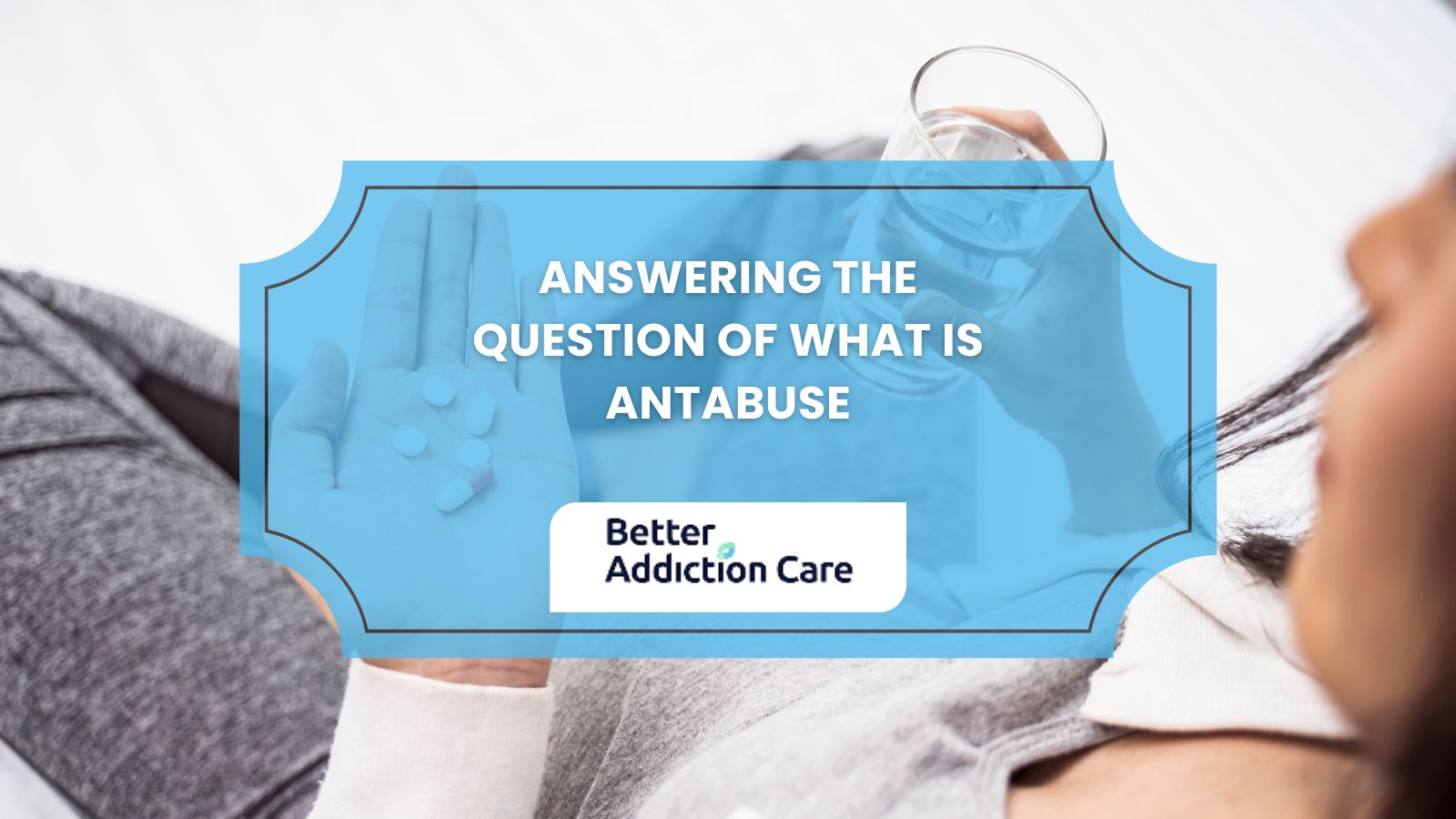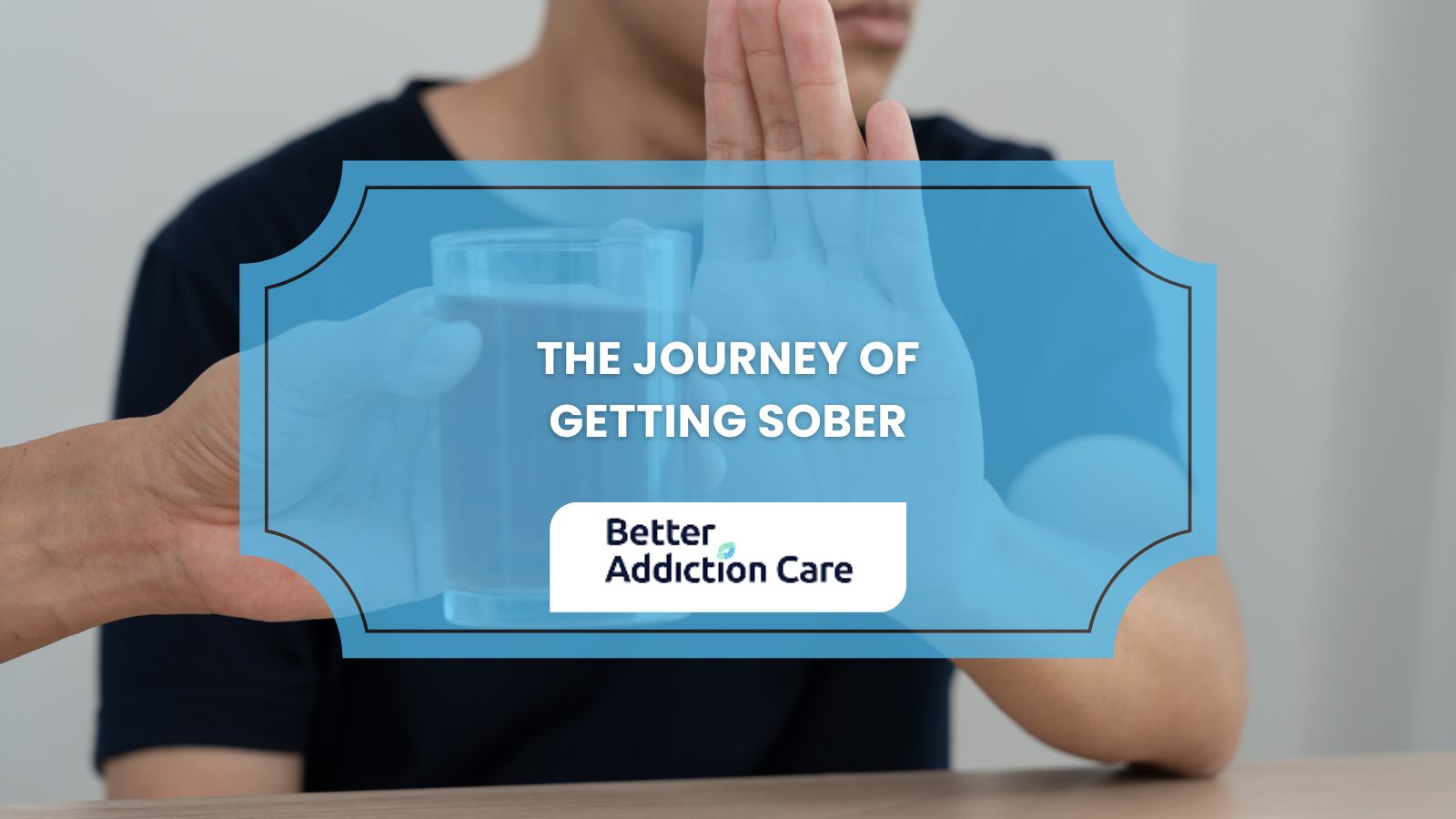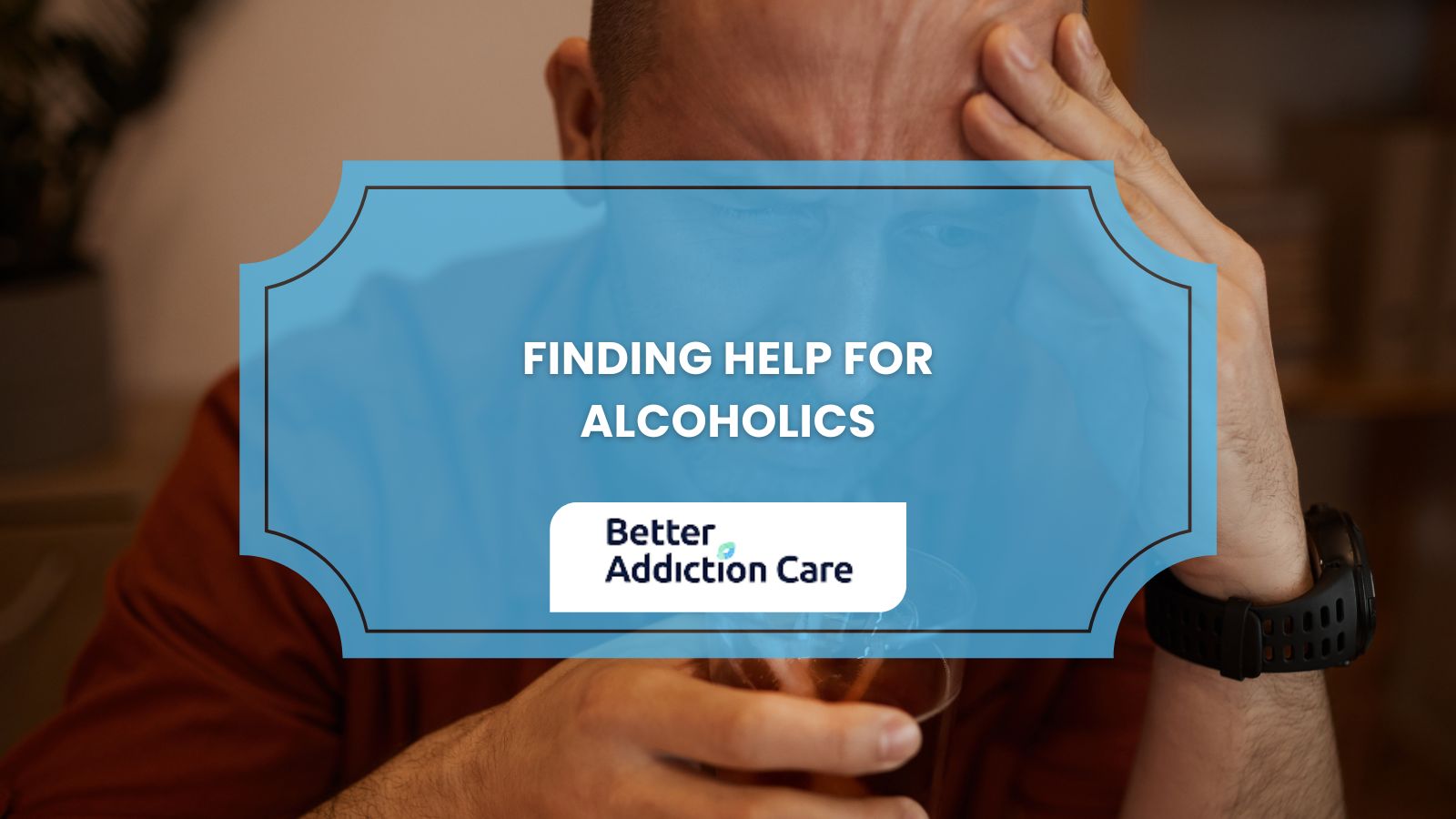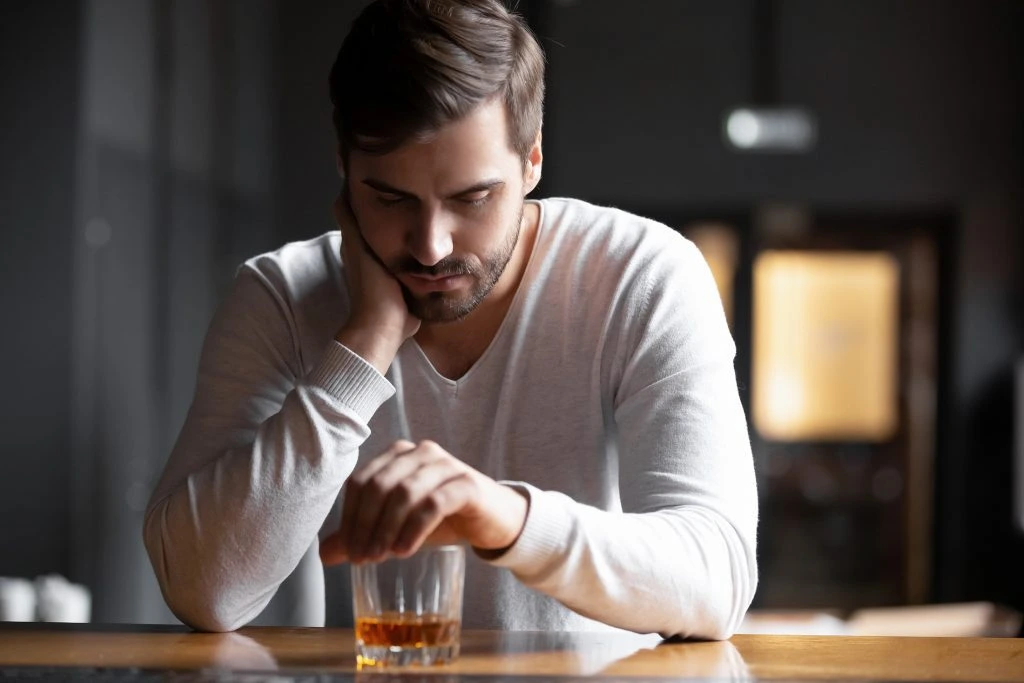30 Days Alcohol-Free: Benefits, Process, and How to Stay on Track
30 Days Without Alcohol refers to a personal commitment or challenge to abstain from alcoholic beverages for one full month, inspired by health resets like “Dry January” or personal goals for mental clarity. The benefits of this temporary break can be surprisingly wide-ranging: improved sleep quality, clearer skin, better digestion, enhanced focus, mood stability, and even financial savings. During the process, individuals may face social pressure, withdrawal symptoms, or emotional triggers, but building a plan with clear goals, support systems, and replacement rituals (like exercise or journaling) makes success more achievable. Expect a rollercoaster of physical and mental changes over the weeks, from detox effects in the early days to increased confidence and well-being by the end. It’s not just a challenge, it’s a reset that can transform your relationship with alcohol and give insight into your overall wellness.

Do you want to explore how you feel without alcohol, but the thought of never having another drink seems daunting? The road to recovery from alcohol addiction can be a challenge, but you may find that success comes in small packages, such as going just a few days without alcohol to start. Many people notice immediate changes when they stop drinking, which can encourage them to stick with their abstinence for longer.
If quitting has been hard for you in the past, why not turn it into a challenge? Challenge yourself to commit to 30 days without alcohol as a way to kickstart your journey to recovery. Use this time to focus on self-care, mindfulness, and finding healthier coping mechanisms. Embrace the opportunity to discover a new path toward a happier and healthier life without alcohol.
Here’s what you need to know about the ultimate “no alcohol for 30 days” experiment and how to try it!
What are the Benefits of No Alcohol for 30 Days?
One of the main benefits of no alcohol for 30 days is the elimination of excessive waste products from alcohol and adjusting to a new normal. From consuming fewer calories to staying more hydrated, you’ll feel better once the initial system shock passes after the first few days.
Listed below are the benefits of no alcohol for 30 days.
- Improves liver health
- Promotes weight loss
- Enhances sleep quality
- Boosts energy levels
- Clarifies mental focus
- Lowers blood pressure
- Balances emotional stability
- Strengthens immune defense
- Restores digestive function
- Improves hydration status
- Saves financial resources
- Improves liver health: Stopping alcohol intake has physical effects like reducing liver inflammation and preventing the accumulation of fat, allowing liver enzymes to return to normal levels within approximately 2–3 weeks. Visible signs of healing may include reduced abdominal swelling and clearer eye coloration.
- Promotes weight loss: Quitting alcohol lowers daily calorie intake, which helps shed pounds, especially for those who consume heavily. Weight loss often starts within days and is more significant if starting from a higher body weight.
- Enhances sleep quality: Alcohol interferes with REM sleep and energy metabolism by disrupting ATP production. Without alcohol, your body can restore its natural sleep cycle, leading to deeper and more restorative sleep.
- Boosts energy levels: Improved sleep and a recovering gut microbiome increase nutrient absorption and overall vitality. Many people notice higher energy within two to three weeks.
- Clarifies mental focus: Alcohol impairs memory, attention, and executive function. After 30 days alcohol-free, you can experience sharper thinking and reduced brain fog.
- Lowers blood pressure: Without alcohol’s stimulant effects, cardiovascular stress decreases, which helps stabilize blood pressure and reduce stroke risk.
- Balances emotional stability: Removing alcohol helps recalibrate neurotransmitters like dopamine and serotonin. This supports better emotional regulation and reduces anxiety or mood swings.
- Strengthens immune defense: Alcohol suppresses the immune system; after a month without it, your body becomes more effective at fighting infections and inflammation.
- Restores digestive function: Alcohol inflames the gastrointestinal tract and disrupts gut flora. Thirty days gives your system time to heal, easing symptoms like bloating and indigestion.
- Improves hydration status: Alcohol acts as a diuretic, promoting water loss. Cutting it out improves hydration, benefiting skin appearance and organ performance.
- Saves financial resources: Abstaining from alcohol reduces spending on drinks, transport, and impulsive late-night meals, adding up to hundreds saved in just one month.
What are the processes to achieve a Successful 30-day Alcohol-Free Challenge?
The process to achieve a successful 30-day alcohol-free challenge starts with setting a strong personal reason and commitment. Next, clear your environment and schedule of alcohol cues, replacing drinking habits with healthier activities like journaling, exercising, or enjoying hobbies. Use a calendar or app to track progress and stay motivated. Surround yourself with supportive people or online communities, and prepare strategies to manage emotional triggers or cravings. These steps create structure, support, and resilience to complete the challenge confidently.
Set Clear Goals and Intentions
For the best chance of success, set attainable goals for yourself. In the case of a 30-day challenge not to drink, you’ve already got a blueprint: 30 days. It can also be helpful to consider other goals, such as committing yourself to journaling every day. You could even slot this activity into the time you would otherwise drink. This can help you rewrite habits and provide a healthy means of spending your time.
Clear Environment of Alcohol Cues
Clearing your environment of alcohol cues means intentionally removing anything that might trigger the desire to drink, especially visual, social, or emotional reminders linked to alcohol. These cues can include physical items like bottles, corkscrews, or branded glassware, as well as settings such as bars, parties, or social media feeds that glamorize drinking. By eliminating or avoiding these triggers, you're reducing the chances of impulsive or habitual drinking. It's like cleaning up your mental and physical space to make room for fresh, healthier habits that support your challenge. Little changes here can create a big shift in mindset.
Find Alternative Activities and Hobbies
You may find that the physical effects of quitting alcohol for 30 days are easy, but filling all of your newfound free time is harder. Consider the new activities and hobbies instead of alcohol that can replace the time and energy you previously spent on alcohol-related activities. If you are a social drinker who craves time with friends, try joining a club or spending time in public places, like festivals and coffee shops.
If you were a private drinker who relished relaxing at home, treat yourself to other indulgences that serve you better. Rent a movie or try a hobby that has always interested you. Working out, cooking, and reading are inexpensive and bring additional benefits. You could even use this opportunity to learn a new language!
Seek Support From Friends and Family
Participants in a 30-day no-alcohol challenge may find that the temptation to return to drinking is strong. However, you’ll have an even better success rate if you rely on solid support structures. Whether you have caring family members, close friends, or a chosen family that you have built yourself, let them know about the challenge so they can fight with you in your corner.
You may respond well to words of encouragement, which your family can provide through unexpected texts during your journey. Sometimes, having a safe place to be is helpful when feeling challenged or frustrated. No matter what form of support works best for you, equipping yourself with a strong network before you start your challenge sets you up for success.
Stay Accountable and Track Progress
One of the most satisfying parts of an alcohol-free 30-day challenge is tracking your progress and seeing how far you’ve come. Browse tracking apps, use a journal to monitor your progress, and leverage your support group to celebrate milestones throughout the 30 days you’re not drinking. Seeing your success build each day is a powerful motivator.
How to Track Progress of 30 days without Alcohol?
To track your progress during a 30-day alcohol-free challenge, consistency and positive reinforcement are key. Start by choosing a method that suits your style, like a habit-tracking app, a physical calendar, or a journal. Each day, check off your success, jot a quick note about your mood, energy level, or social experience, and reflect weekly to spot patterns or improvements. Celebrate mini milestones: day 7, 14, 21… they’re worth noticing! You can also use visuals like progress bars or stickers to gamify it. If you're into tech, set daily reminders or positive affirmations to keep you going. By keeping track, you turn awareness into motivation, and it’s powerful.
What are expectations when you Try No Alcohol for 30 Days To See How You Thrive
Your 30-day alcohol-free journey will likely include some challenging moments, but do not forget the many benefits you can enjoy and how they compound the longer you let your body recover! From increased energy to follow your passions to better sleep, weight loss, and less strain on your body, you will likely find that having no alcohol for 30 days causes significant changes in your life.
The great news is that these positive changes do not stop after 30 days. Your liver enzymes and gut bacteria will remain on the rebound for months after quitting alcohol. Once you reach your 30 days, why keep your tracker going and see how far you can go?
FAQs
How much weight will I lose if I stop drinking alcohol for a month?
The weight you lose after quitting alcohol depends on how much you currently weigh. On average, a person loses about 2% of their body weight. However, those who were consuming a high number of excess calories from alcohol stand to lose more.
How long does it take for the gut to heal after quitting alcohol?
The gut microbiome needs time to repopulate after being impacted by alcohol. For most people, this process begins around two to three weeks after alcohol cessation. It can continue for multiple months afterward.
How long does it take for liver enzymes to return to normal after stopping alcohol?
How fast the liver responds to stopping alcohol will depend on how damaged it is from prolonged alcohol consumption. Most people see liver enzymes returning to normal about two weeks after their last drink.
Related Articles
Treatment Centers in New Jersey









